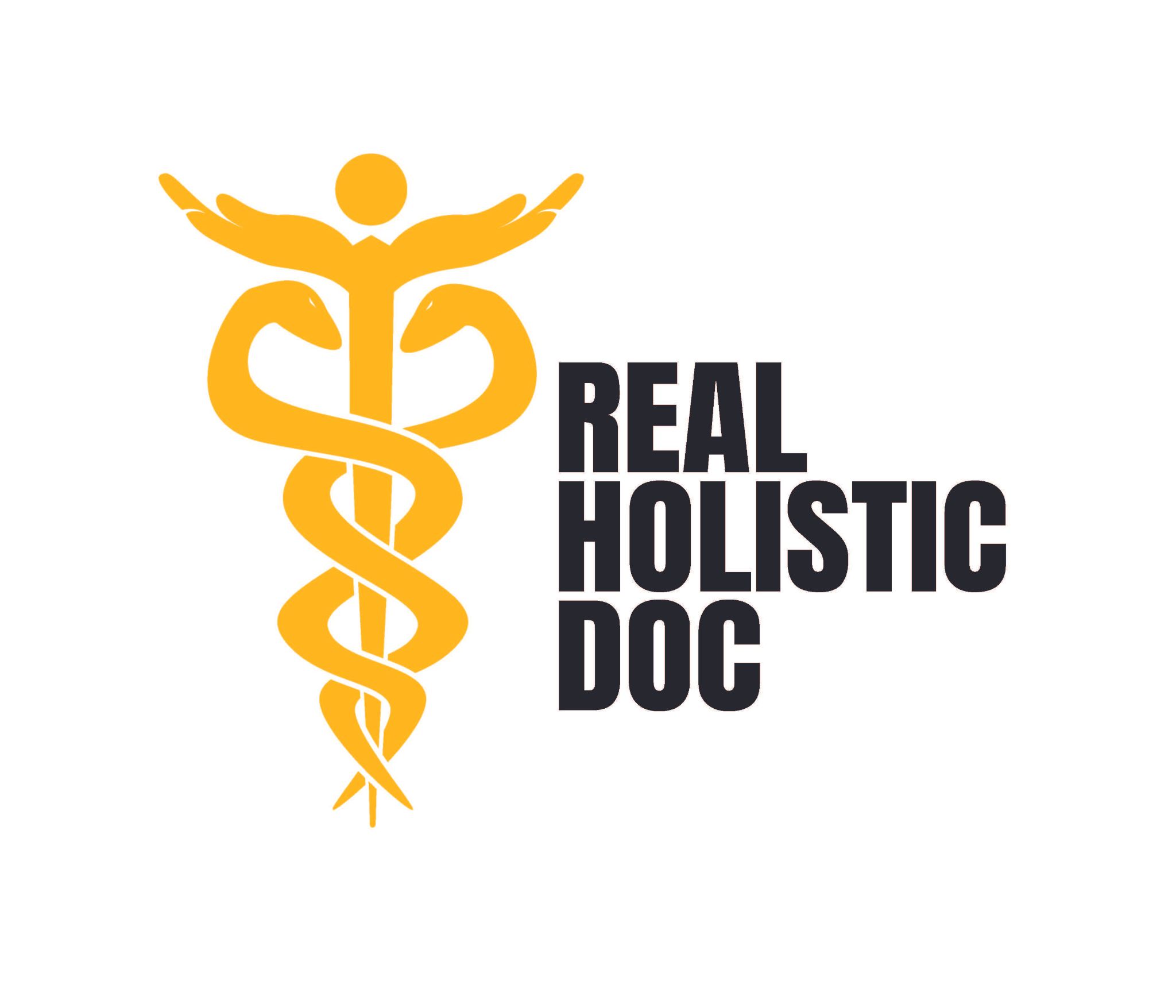Mark Twain was much brighter than the PharmacoMafia in his remarkably accurate statement about statistics. I am repeatedly amazed at the conclusions of drug-related research. For instance, the best antidepressant is 42% effective (actually, if we subtract the placebo effect, about 7% effective!), with a list of complications, curiously called ”side effects”, long enough to choke a horse. It seems obvious to me that the actual efficacy of any drug is ONLY the success rate ABOVE that of placebo. I ask you to evaluate the following article:
”Effect of Orlistat on Weight and Body Composition in Obese Adolescents – A Randomized Controlled Study” by Jean-Pierre Chanoine, et al, JAMA, June 15, 2005, 23:2873-2883.
539 obese adolescents were entered into the study at 32 centers – less than 20 at each center. 357 were given Orlistat, a drug to reduce fat absorption. 182 were given the placebo. All nicely double blinded. All individuals were also placed on a diet designed to reduce calories by 40% and to be ”nutritionally balanced.” A behavioral psychologist encouraged all to engage in physical activity and all used a staff ”encouraging” behavioral modification.
| ||||||||
|
But in the article they state that 190 dropped out. Table 1 does not reflect this.
| ||||||||||||||||||||||||||||||||||||
|
HMMM! And at some centers the Gastroenteritis rate reached 50%! Orlistat had a 10.8% greater weight loss than placebo and a 13.5% greater risk of major complications, called side effects.
The author’s conclusion is that Orlistat ”in conjunction with a reduced calorie diet, and behavioral modification, significantly improves weight management—” Most people read and remember only this statement. This ridiculous drug may go the commercial route of Celebrex and other notables. My statement is ”How useful, practical and reasonable is such NONsense?”
MY CONCLUSIONS:
- Pretty poor behavioral modification. Neither the ”control” group nor the treated group did as well as ”average” placebo.
- The failure rate in the Orlistat group is 89.2% (10.8% better than placebo)
- The complication rate in the Orlistat group is greater than the slight ”success rate”
- The actual success rate in the Orlistat group is 10.8% (success above placebo)
- The research centers varied tremendously in their efforts/results/complications
- What a waste of money, time and effort!
- About typical for drug research
C. Norman Shealy, M.D., Ph.D. is the father of holistic medicine. Register to receive his book 90 Days To Self-Health free.
